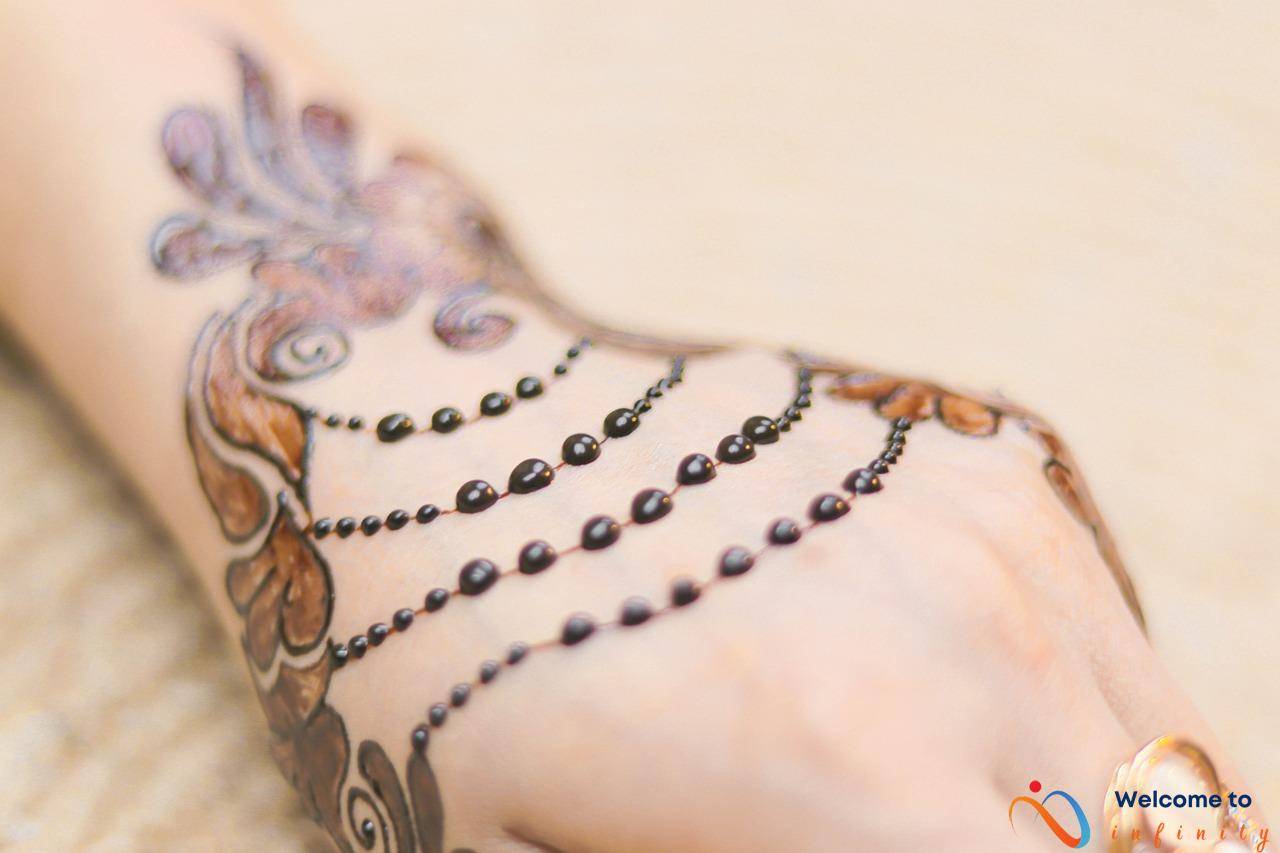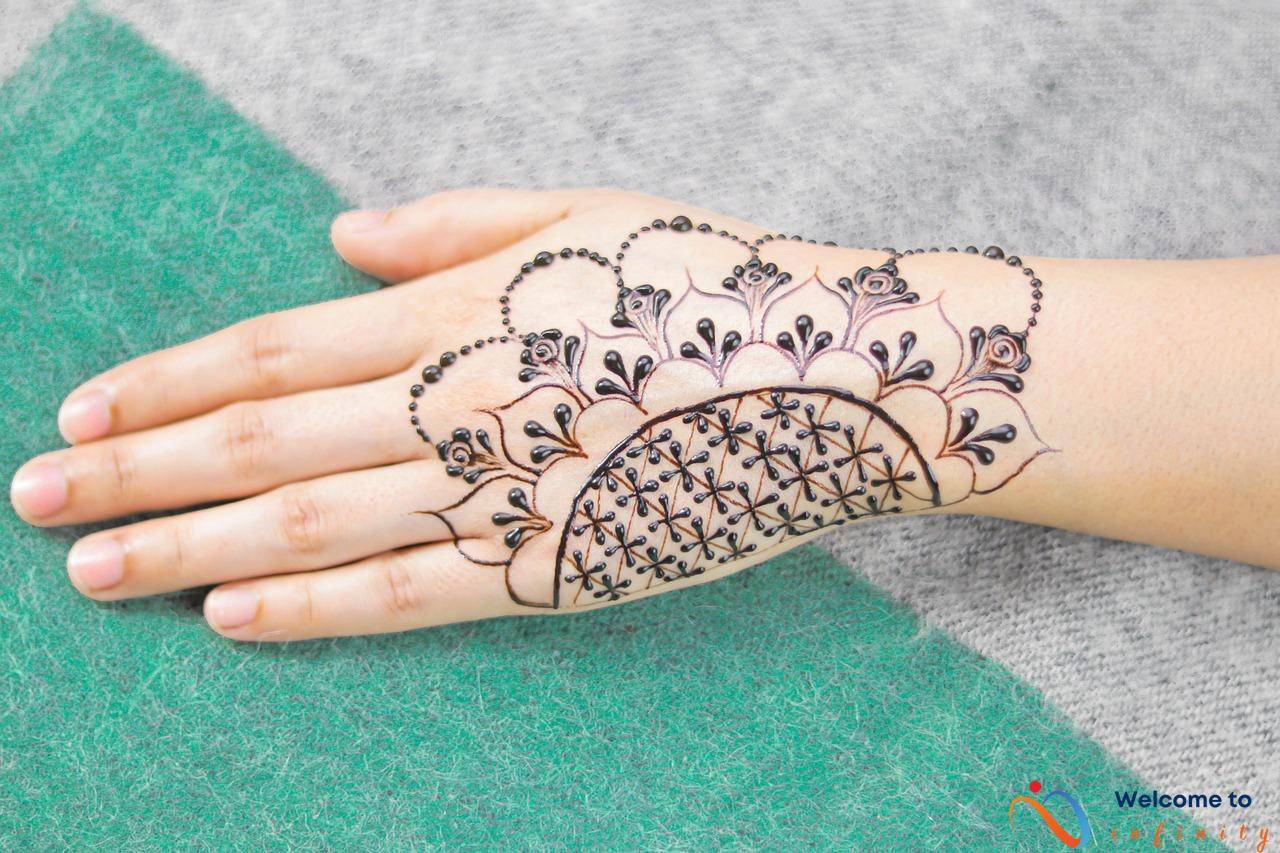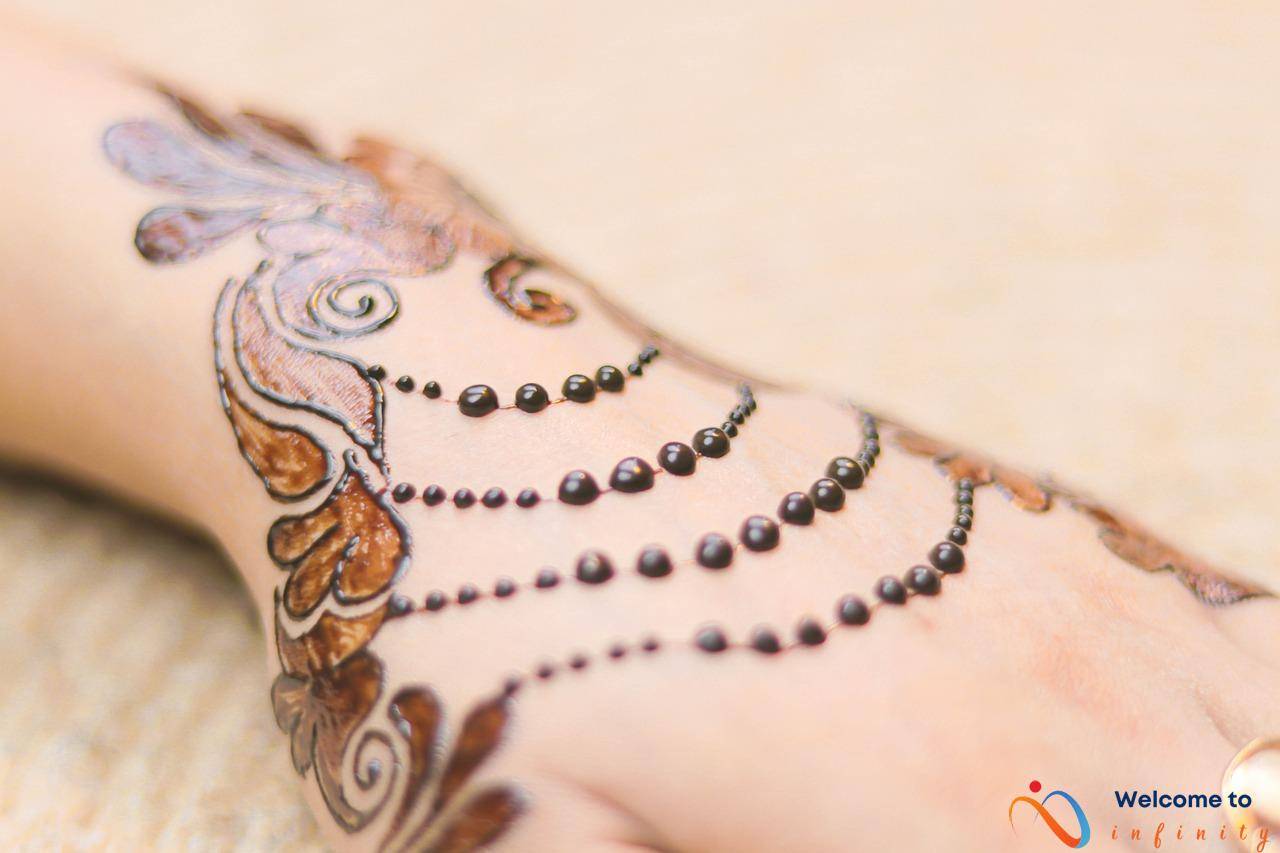Tattooing has been a popular art form for centuries and is now more popular than ever. However, with this increase in popularity comes a growing concern for the environmental impact of the tattoo industry. It's essential to consider the impact of every aspect of the tattooing process, from the ink to the equipment. As a result, the industry is shifting towards eco-friendly and sustainable practices that aim to minimize the impact on the environment.
The tattoo ink used in tattoos can often be harmful to the environment and human health. Many inks contain chemicals such as heavy metals, carcinogens, and plasticizers that can cause harm to the environment and potentially people. However, there are eco-friendly alternatives such as plant-based, vegan-friendly inks that are non-toxic and biodegradable. This helps to eliminate the environmental impact that traditional inks can have on the environment.
Additionally, the equipment used in the tattooing process is often made from non-biodegradable materials that add up to waste. However, there is now a range of biodegradable tattoo equipment on the market that are made from environmentally friendly materials such as bamboo, recycled plastic, and plant-based polymers. By using eco-friendly equipment, artists can make a significant impact on the environment while still creating beautiful art.
It's crucial to consider the environmental impact of the tattoo industry, and ethical tattooing practices can help to achieve a sustainable future. By educating clients and artists on the benefits of eco-friendly materials and practices, the tattoo industry can become more environmentally conscious. Every small step towards more sustainable practices can have a significant impact on the environment and the future of the industry.
The Environmental Impact of Tattoo Ink
Tattoo ink is an essential element of the tattooing process, and its impact on the environment cannot be ignored. Most tattoo inks contain harmful chemicals that can cause significant damage to the environment, including heavy metals, allergens, and even carcinogens. These toxic chemicals can easily seep into the soil and groundwater during disposal and are harmful to plant and animal life. Additionally, the process of manufacturing tattoo ink can be incredibly polluting.
Fortunately, many eco-friendly alternatives can be used to replace traditional tattoo ink. For example, plant-based inks, which are made from natural ingredients like vegetables, can provide a sustainable alternative to traditional ink. Additionally, vegan ink is also available, which doesn't contain animal-derived ingredients or harsh chemicals. Some artists are even creating their own eco-friendly inks with natural ingredients like charcoal, berries, and clay.
For artists who are committed to using traditional inks, there are still ways to minimize their environmental impact. For instance, using ink cartridges with less plastic packaging or using recycled containers for storing ink can help reduce waste. By making small changes in their practices, tattoo artists can contribute to a more sustainable industry.
- The impact of tattoo ink on the environment can be significant due to harmful chemicals and pollutants present in them.
- Plant-based and vegan ink alternatives are available, which provide eco-friendly and sustainable options for the artists.
- Even traditional inks can be used with minimal environmental impact by making small changes to the artist's practices.
The Importance of Ethical Tattooing Equipment
Tattoo equipment is an essential part of the tattoo industry, and ethical considerations need to be made when selecting and using equipment. Unfortunately, much of the equipment used in tattooing is made from non-biodegradable materials that contribute to pollution. From tattoo machines to disposable materials, non-ethical equipment can have a significant impact on the environment.
One alternative to non-ethical tattooing equipment is to use biodegradable options. Biodegradable equipment is made from natural materials that break down quickly, reducing the environmental impact. For example, there are now biodegradable disposable materials available for use in tattooing, such as needle cartridges and grip covers.
In addition to biodegradable options, there are also eco-friendly versions of traditional equipment. For instance, there are now tattoo machines made from recycled materials, such as aluminum, that are designed to be durable and long-lasting. These machines are not only eco-friendly, but they are also cost-effective since they are built to last.
Finally, the ethical considerations go beyond just the materials used in the equipment. It's also essential to consider the manufacturing process and the social impact of the equipment. Supporting companies that prioritize fair labor practices and ethical manufacturing can help to promote a more responsible, sustainable tattoo industry.
Ultimately, choosing ethical tattooing equipment is crucial for creating a sustainable and responsible tattoo culture. By choosing eco-friendly and ethically made equipment, tattoo artists can drastically reduce the environmental impact of the industry and protect the planet for future generations.
Biodegradable Tattoo Equipment
When it comes to ethical tattooing, choosing biodegradable tattoo equipment is a crucial step in minimizing the industry's environmental impact. Biodegradable tattoo equipment is made from materials that can decompose naturally over time, reducing the amount of waste that ends up in landfills or the environment.
One option for biodegradable tattoo equipment is bamboo. Bamboo is a fast-growing and renewable resource that can be used to create tattoo needles, tubes, and handles. Not only is it eco-friendly, but it is also durable and easy to work with. Another material that is gaining popularity is mushroom-based biodegradable plastic. This material is made from mushroom roots and is fully biodegradable, making it an ideal option for tattoo equipment.
In addition to reducing waste, using biodegradable tattoo equipment can also benefit the environment by minimizing the use of non-renewable materials. Non-biodegradable materials such as plastic and metal require a significant amount of energy to produce, contributing to greenhouse gas emissions and pollution. By using biodegradable options, tattoo artists can lower their carbon footprint and promote a more sustainable tattoo industry.
Overall, biodegradable tattoo equipment is an excellent choice for artists who are committed to ethical and sustainable tattooing. With numerous options available, artists can choose materials that work best for their craft while minimizing their environmental impact.
Eco-Friendly Tattoo Machines
Eco-friendly tattoo machines are a crucial component of ethical tattooing. Conventional tattoo machines are typically made from non-biodegradable materials such as plastic, which can take hundreds of years to decompose and contribute to pollution.
Thankfully, there are now eco-friendly alternatives available in the form of machines made from recycled and biodegradable materials. Some tattoo machine manufacturers use sustainable materials such as bamboo, hemp, and recycled metals to create machines that are environmentally conscious.
In addition to the material used, the manufacturing process of eco-friendly tattoo machines is also important. Some manufacturers use sustainable production methods such as solar energy, reducing their carbon footprint and environmental impact.
While eco-friendly tattoo machines may come at a slightly higher cost than conventional machines, the long-term benefits to the environment make them a worthwhile investment. Implementing sustainable practices in the tattoo industry is crucial in reducing its impact on the environment and ensuring a more sustainable future.
Natural and Ethical Tattoo Needles
Tattoo needles are an important element of the tattooing process, but they can also be harmful to the environment. Traditional needles are often made from non-biodegradable materials, contributing to pollution and waste. However, many eco-friendly alternatives are now available that can help reduce the environmental impact of tattooing.
One option is to use natural and ethical tattoo needles made from materials such as bamboo or other sustainable and biodegradable materials. Some companies now offer tattoo needles made from plant-based materials that are biodegradable and compostable.
Another option is to use reusable tattoo needles that can be sterilized and used multiple times. These eco-friendly needles not only reduce waste, but they can also save artists money in the long run by reducing the need to constantly purchase new needles.
Additionally, tattoo artists can take steps to ensure that they are disposing of their needles properly. Proper disposal of needles and other tattooing materials is crucial to prevent contamination and pollution.
Overall, using natural and ethical tattoo needles and proper disposal techniques can help reduce the environmental impact of the tattoo industry. By making small changes, tattoo artists and clients alike can work towards creating a more sustainable and environmentally-conscious tattoo culture.
Eco-Friendly Tattoo Inks
Eco-friendly tattoo ink is a great alternative for those who are concerned about the environmental impact of the tattoo industry. While traditional tattoo ink can contain heavy metals, carcinogens and other harmful chemicals, eco-friendly ink is made from natural, organic pigments, and free from these toxins.
In addition to being environmentally responsible, eco-friendly ink also has benefits for human health. Conventional ink can cause irritation, scarring and other health issues, but eco-friendly alternatives are gentler on the skin.
There are several eco-friendly ink options available, including plant-based inks, which use natural pigments derived from flowers, fruits and vegetables, and solvent-free inks, which don't contain harsh chemicals that pollute the air and water. Some tattoo artists even offer vegan ink options, which are free from animal-based ingredients, and cruelty-free.
Clients who are interested in eco-friendly tattooing should discuss their options with their tattoo artist. They can ask for information about the type of ink being used and request eco-friendly alternatives if available. By choosing eco-friendly inks, clients can enjoy a beautiful and meaningful tattoo while being responsible to the environment and their own health.
The Role of the Tattoo Artist
Tattoo artists have an essential role to play in ethical tattooing. They have the power to make choices that can positively impact the environment and promote sustainability. As artists, they should be aware of the environmental impact of the tattoo industry and take measures to reduce it.
The responsibility of the artist includes choosing eco-friendly materials such as biodegradable needles, ink, and equipment. They should also consider the amount of waste generated during the tattooing process and take steps to reduce it. By using eco-friendly practices and materials, tattoo artists can build an ethical tattoo culture that is both sustainable and responsible.
Additionally, artists should educate themselves on the impact of their practices, and educate their clients about the environmental impact of the industry. By doing so, they can empower clients to make informed choices and promote a more sustainable tattoo culture.
- Some ethical practices that tattoo artists can adopt include:
- Using eco-friendly products
- Reducing waste
- Choosing biodegradable needles and equipment
- Encouraging clients to choose eco-friendly practices
- Educating themselves and their clients about environmental impact
By adopting ethical and eco-friendly practices, tattoo artists can promote a more sustainable tattoo industry and contribute to a healthier environment.
Choosing Eco-Friendly Tattoo Practices
As tattoo artists, we have a responsibility to consider the environmental impact of our practices. By choosing eco-friendly tattoo practices, we can reduce our carbon footprint and contribute to a more sustainable tattoo culture. One way to do this is by using sustainable materials such as biodegradable needles and equipment.
Another important aspect of choosing eco-friendly tattoo practices is to reduce waste. This can be done by using reusable and recyclable materials such as steel grips and tips, as well as properly disposing of hazardous waste such as used needle cartridges and ink containers.
Training artists to adopt eco-friendly tattoo practices is also crucial in promoting sustainability in the industry. This can be done through workshops, seminars, and online courses that teach artists about sustainable materials, practices, and waste disposal methods.
Finally, educating clients about the importance of ethical tattooing and the environmental impact of the industry can encourage them to choose eco-friendly tattoo practices. This can be done through social media, informational brochures, and in-person consultations.
In conclusion, choosing eco-friendly tattoo practices is essential in promoting sustainability and responsibility in the tattoo industry. By making informed choices about the materials and practices we use and training other artists to do the same, we can work towards creating a more sustainable and ethical tattoo culture.
The Power of Education
Education is a powerful tool that can be used to promote ethical tattooing and create a more sustainable industry. By educating clients about the impact of tattooing on the environment, artists can help to raise awareness and promote eco-friendly practices.
One way to educate clients is through the use of informational materials, such as brochures or pamphlets. These materials can provide information on eco-friendly materials and practices, as well as the impact of tattooing on the environment. They can also provide information on the benefits of ethical tattooing, such as reducing waste and pollution.
Another way to educate clients is through social media and online platforms. Many tattoo artists have social media accounts, and they can use these platforms to share information and promote awareness of ethical tattooing. By sharing photos of eco-friendly tattoo equipment and promoting environmentally conscious practices, artists can help to inspire clients to make more responsible choices.
Finally, education can also take place in the studio itself. By discussing the importance of ethical tattooing with clients and offering suggestions for eco-friendly practices, artists can help to promote a more sustainable industry. They can also encourage clients to ask questions and take an active role in the tattooing process, ensuring that they are fully informed about the impact of their choices.
In conclusion, education is a powerful tool that can be used to promote ethical tattooing and create a more sustainable industry. By providing clients with information on eco-friendly practices and materials, artists can help to raise awareness and promote more responsible choices. Through education, we can work together to create a more ethical and environmentally conscious tattoo culture.
Educating clients about ethical tattooing and the environmental impact of the industry is important for creating a more sustainable tattoo culture. This subsubheading explores the role of education in promoting ethical tattooing and the benefits of environmental awareness.
Educating clients about ethical tattooing and the environmental impact of the industry is crucial for creating a more sustainable tattoo culture. The responsibility of promoting ethical tattooing lies not only on the tattoo artists but also on the clients who receive the tattoos. Encouraging clients to choose eco-friendly tattoo practices can make a significant impact on reducing the environmental impact of the industry.
One way to educate clients is by promoting and using eco-friendly tattoo materials, such as biodegradable equipment and vegan ink. By informing clients about these options, they can make informed decisions about the materials that go into their tattoos. Additionally, tattoo artists can explain the environmental impact of non-eco-friendly materials to clients, bringing awareness to the issue and encouraging them to make eco-conscious decisions.
Education also extends to proper aftercare, where clients can make choices that help minimize the environmental impact of tattooing. For example, using natural, organic aftercare products instead of non-biodegradable ones can reduce waste and pollution. Tattoo artists can also inform clients about the importance of properly disposing of old aftercare products, encouraging them to consider eco-friendly options.
Overall, education plays a vital role in promoting sustainable tattoo practices and creating a more environmentally responsible tattoo culture. By informing clients about ethical tattooing and the impact of their choices, tattoo artists can work towards a collective effort to reduce the environmental impact of the industry, one tattoo at a time.
In conclusion, ethical tattooing is an important aspect of the tattoo industry. By considering and implementing eco-friendly practices and materials, artists and clients can work towards creating a more sustainable and responsible tattoo culture.
In conclusion, ethical tattooing is an essential aspect of the tattoo industry. The environmental impact of the industry has become a growing concern, and it is crucial that artists and clients start considering eco-friendly practices and materials to reduce their impact on the environment.
By choosing biodegradable and eco-friendly tattoo equipment, such as machines and needles, and using natural, non-toxic, and eco-friendly inks, artists can significantly reduce the industry's carbon footprint. It is also important to educate clients on the importance of ethical tattooing and the impact of the industry on the environment.
Moreover, tattoo artists play a vital role in promoting ethical tattooing and are responsible for choosing eco-friendly practices and materials. They have to lead by example and make informed choices for the sake of the environment.
In conclusion, ethical tattooing is not only about creating a beautiful piece of art but also about making a positive impact on the environment. By adopting eco-friendly practices and materials, artists and clients can work towards creating a more sustainable and responsible tattoo culture.










